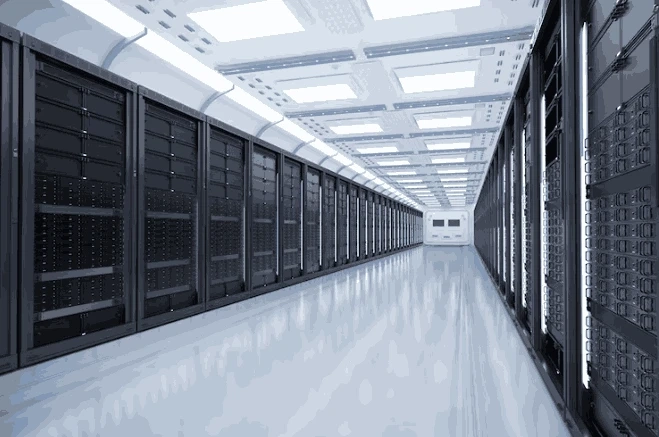The digital age has brought with it the convenience of accessing data at our fingertips, no matter where we are. Be it your personal photos, work files, or music collections, everything can be stored on our devices. However, storing data and accessing it can be a daunting task. In the fast-evolving world of technology, keeping records secure and safe can be time-consuming. The NAS system is a solution that simplifies the storage of digital data. In this blog post, we’ll be discussing the benefits of a NAS system and why it is a must-have device for anyone who works with digital data.
What is a NAS system?
NAS stands for Network Attached Storage, which can best be described as a storage device that can be shared by numerous users, and over a network. The NAS system can be attached to a computer or network and is capable of storing large amounts of data from different devices and computers. The device comes equipped with its own operating system, allowing users to access data without a direct connection to a computer. The NAS system also has a user-friendly interface, making it easy for anyone to manage the data stored on the device.
Why do you need a NAS system?
Organizations, businesses, and individuals require data storage systems to store files and documents for operational or personal use. However, storing data on a single device or computer comes with several risks. For starters, these devices might not have enough storage space to store all the data. Furthermore, they could be susceptible to cyber-attacks, hardware failures, or malicious software. A NAS system offers a safer way to store data, as it comes with options like data backups, firewalls for security, and RAID systems to prevent data loss.
Benefits of a NAS system
One of the biggest benefits of NAS systems is that they offer backups for all the data stored on the device. This means that in case of system failure, data loss, or any form of cyber-attack, you can still recover most of your data. Furthermore, the device’s capacity can be increased by adding hard drives, thus making it easy to scale up. NAS systems also offer remote access features, making it possible to access data from any device across the globe.
Compatibility of a NAS system with different devices
NAS systems offer wide compatibility with many operating systems like Windows, Linux, and Mac. In addition, they can be accessed remotely, which is a great feature, allowing users to access the device from different locations using different devices. If you own a business and have employees working from home, a NAS device can be a lifesaver.
Cost-effective Storage with a NAS system
NAS systems save money and provide long-term benefits. It is a cost-effective solution compared to other methods of data storage. For instance, cloud storage may seem affordable, but they can be more expensive in the long term due to regular monthly payments. An enterprise NAS storage system may have a high initial cost, but in the long run, can offer significant savings.
Conclusion
In the digital age, storing data has become a critical requirement for businesses and individuals. The NAS system is an efficient, cost-effective device that can help you store data, backup, and access it easily. By investing in a NAS system, you will not only save money but also ensure the safety of your files and documents. The device comes with built-in security features like firewalls and offers remote accessibility, making it a versatile option for working from anywhere. Overall, the NAS system is a must-have device for anyone who wants to streamline their data storage process.



